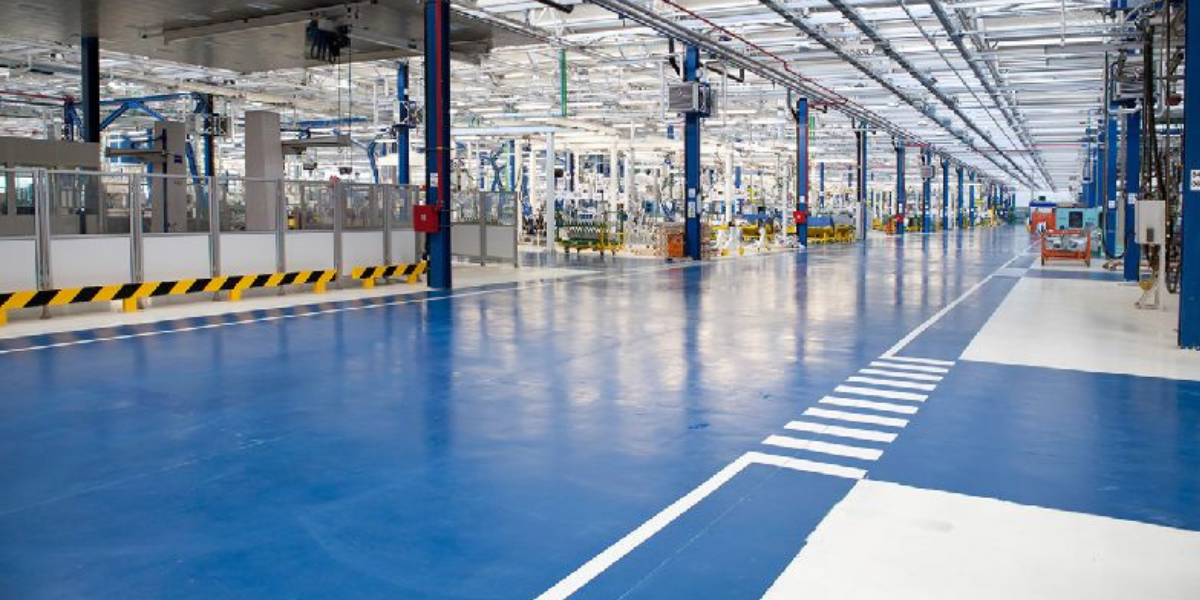Corrosion Protection
Coatings act as a barrier, shielding surfaces from corrosive elements such as moisture, chemicals, and pollutants. This is especially crucial in industries like automotive, marine, and infrastructure where corrosion can compromise structural integrity.
Weather Resistance
Exterior coatings protect structures from the adverse effects of weather, including UV radiation, rain, and temperature fluctuations. Weather-resistant coatings help maintain the appearance and performance of surfaces over time.
Enhanced Durability
Coatings provide an additional layer of durability to materials, extending their lifespan and reducing the frequency of maintenance. This is particularly beneficial in construction, where coated surfaces can withstand wear and tear more effectively.
Aesthetic Appeal
Beyond protection, coatings contribute significantly to the aesthetics of products and structures. Architectural coatings, for example, offer a wide range of colors and finishes, allowing for creative expression while protecting building exteriors.
Functional Coatings
Coatings can be tailored to offer specific functionalities, such as non-stick properties, anti-microbial surfaces, or even conductive coatings for electronics. This versatility allows for the customization of materials based on the intended application.
Automotive Industry
Automotive coatings protect vehicles from environmental factors, enhance their appearance, and contribute to fuel efficiency. Advanced coatings also provide self-healing properties, reducing the visibility of minor scratches.
Building and Construction
Architectural coatings are widely used in construction to protect and beautify surfaces. They contribute to energy efficiency, with reflective coatings for roofs, and can provide additional weather resistance to exterior walls.
Industrial Equipment
Coatings for industrial machinery and equipment prevent corrosion and wear, ensuring optimal performance and longevity. Specialty coatings, such as those resistant to high temperatures or chemicals, are common in this sector.
Electronics
Electronic devices often utilize coatings to protect sensitive components from moisture, dust, and other environmental factors. These coatings can also serve as insulators or conductors based on the specific requirements.
Nano-coatings
Nano-scale coatings provide ultra-thin layers with enhanced properties, such as improved adhesion, water repellency, and scratch resistance. These coatings are increasingly used in various industries for their precision and effectiveness.
Smart Coatings
Advances in materials science have led to the development of smart coatings that can respond to environmental stimuli. This includes self-healing coatings, responsive to temperature changes, and coatings with color-changing properties.
Environmentally Friendly Coatings
With a growing focus on sustainability, there is a shift towards eco-friendly coatings that minimize environmental impact. Water-based coatings, low VOC (volatile organic compounds) formulations, and bio-based coatings are gaining popularity.
